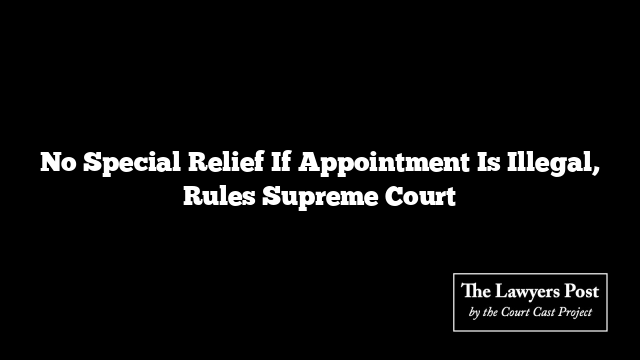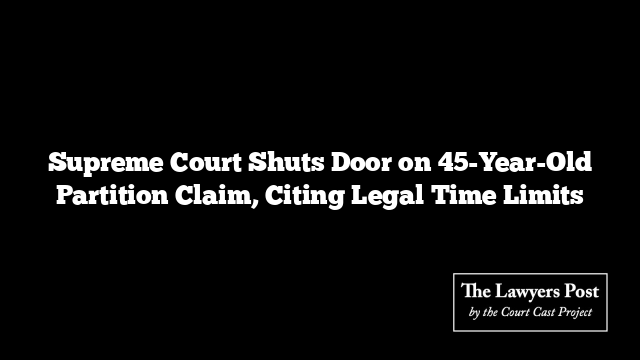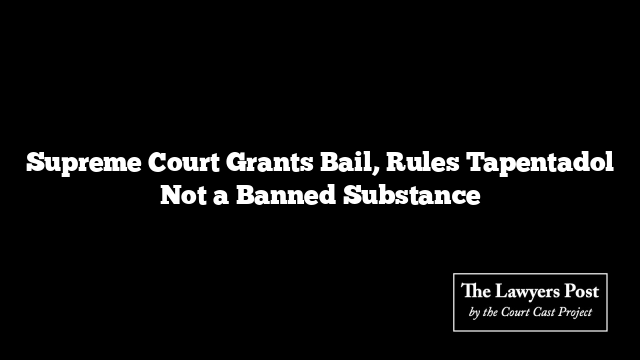The Supreme Court has ruled that candidates who secure appointments through illegal means cannot seek special relief under Article 142 of the Constitution. The judgment reaffirms that equitable considerations cannot override fundamental legal principles when an appointment is found to be unlawful.
A bench comprising Justices Dipankar Datta and Manmohan made this observation while upholding a Kerala High Court decision that excluded an appellant from the position of Boat Lascar in the Kerala State Water Transport Department. The core issue revolved around eligibility: the post required a Lascar’s Licence, but the appellant held a Syrang’s Licence, a higher qualification. Based on tribunal recommendations, the Kerala Public Service Commission canceled his appointment.
The Court clarified that essential qualifications must align strictly with the prescribed rules and the job advertisement. Simply possessing a higher credential does not automatically make a candidate eligible for a role requiring a different, lower qualification.
When the appellant’s counsel sought relief under Article 142, the Court firmly rejected the plea, citing precedent from Ashok Kumar Sonkar v. Union of India. The ruling emphasized that an illegal appointment is a legal nullity, and equitable principles have no place in validating such an appointment.
Dismissing the appeal, the Court concluded:
“The appellant, having entered through an illegal and invalid process, cannot seek the Court’s intervention under Article 142 to overlook the illegality and grant relief.”
The verdict underscores that qualifications alone do not determine eligibility—compliance with established recruitment procedures is paramount.





